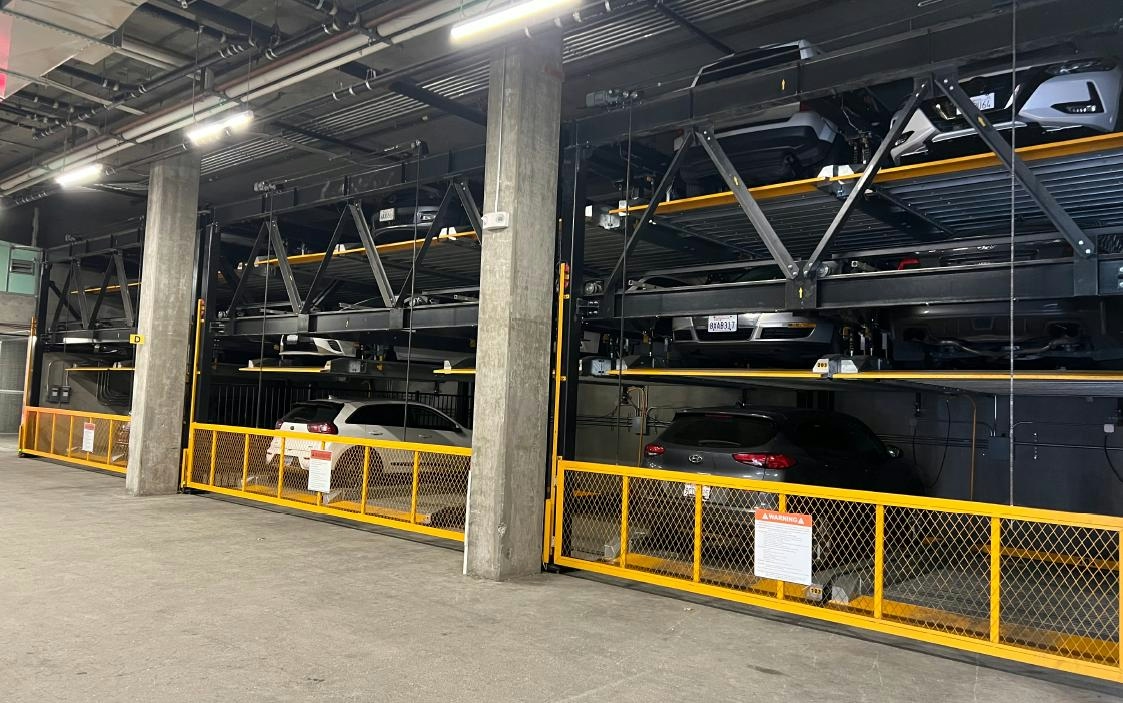エアロジニー — あなたのインテリジェントな副操縦士。
現在のトレンド
Categories
AI-Enabled Technology Automates and Optimizes Airport Parking Systems

AI-Enabled Technology Automates and Optimizes Airport Parking Systems
Vehicle parking remains the largest source of non-aeronautical revenue at airports, accounting for 24% of income and surpassing retail concessions, real estate, and rental car fees, according to Airports Council International. Despite its financial significance, many airports continue to rely on outdated parking access and revenue control equipment, such as ticket machines and pay stations, which are increasingly prone to malfunctions after years of use. These breakdowns not only elevate operational costs but also cause revenue leakage during downtime and contribute to traveler frustration due to congestion at entry and exit points.
Transforming Parking Operations with Artificial Intelligence
Although parking revenue is both predictable and substantial, it often receives insufficient attention from airport executives. Airports that prioritize parking operations, however, stand to unlock considerable value through revenue growth and enhanced customer experience. Artificial intelligence (AI) is emerging as a transformative force in this domain, enabling airports to automate parking management with greater efficiency, reliability, and accountability.
AI-enabled parking systems eliminate the need for manual staffing at payment booths and reduce maintenance requirements for traditional fee-collection machines. By minimizing disruptions caused by lane closures or slow processing, these systems streamline traffic flow and improve operational continuity. For airport managers, AI offers enhanced predictability and control over parking revenue through more accurate vehicle identification and fee calculation, replacing unreliable electromechanical systems that often require costly repairs.
These advanced systems operate by creating a digital fingerprint for each vehicle, capturing essential data as it approaches the parking facility. Integrated hardware and software instantly recognize the vehicle, allowing seamless entry, exit, and payment without any driver or staff intervention. The entire process—from reservation to payment—is automated in the background, delivering a frictionless experience for travelers.
Adoption and Challenges in Implementation
Several airports, including Dayton International Airport, San Antonio International Airport, Northwest Arkansas National Airport, and Aspen/Pitkin County Airport, have recently implemented the Metropolis for Airports AI-enabled parking system. At Dayton International Airport, the upgrade has already increased in-plane revenue per passenger from $10 to $13.14. Gil Turner, Director of DAY, remarked, “It makes [parking] seamless for our customers. They just drive up. They don’t have to roll the window down. The system recognizes the vehicle, takes the license plate information, and they’re able to go right in and park. And when they leave, there’s no interaction with the booth person. So it’s all great.”
Despite these benefits, the adoption of AI-driven parking technology presents several challenges. Airports must ensure regulatory compliance, integrate new systems with existing infrastructure, and address data security concerns. The broader market is closely monitoring these developments, with investors evaluating the scalability and reliability of AI parking solutions, particularly in light of recent setbacks in autonomous vehicle technology. Competitors are responding by accelerating investments in similar AI-driven innovations, exemplified by companies like Philips expanding their AI technology portfolios. Furthermore, macroeconomic factors such as inflation and tighter monetary policies may influence the pace of funding and deployment for these technologies.
As airports continue to modernize and optimize their operations, AI-enabled parking systems offer a promising path to enhance both revenue streams and the traveler experience, provided that implementation challenges are carefully managed.

Emirates Unveils Cabin Design for New Boeing 777X

Eighteen Years On, the Airbus A380 Remains Central to a $34 Billion Airline

How a boom in luxury airline seats is slowing down jet deliveries

Navitaire Outage Attributed to Planned Maintenance

DigiYatra Debuts Outside Aviation at India AI Impact Summit

Vietnam Orders Strengthen Boeing’s Commercial Outlook

Airbus Signals Uncertainty Over Future A400M Orders

JobsOhio Awards $2 Million Grant to Hartzell Propeller for Innovation Center

Collins Aerospace Tests Sidekick Autonomy Software on YFQ-42A for U.S. Air Force CCA Program

How the Airbus A350-1000 Compares to the Boeing 777
